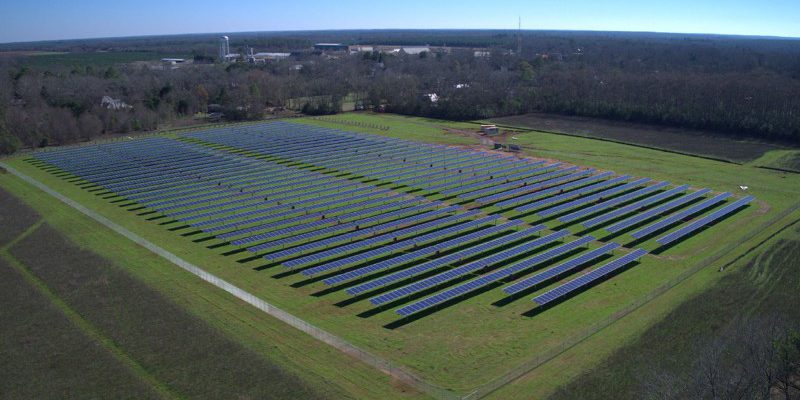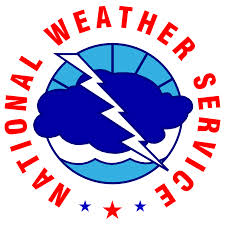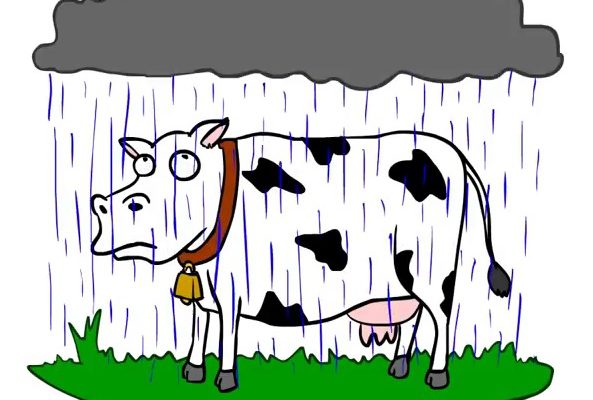Sources of weather and climate data
-

Do you ever plan outdoor events where the weather is likely to be a factor? A fun run, a church or neighborhood picnic, or a wedding? If so, you might be interested in this quick and easy place to find the weather on a particular date in previous years. While, as they say, “past performance…
-

The US Department of Energy has provided a good 1-page fact sheet on how changes in climate in the Southeast will affect energy use and production across the region in the coming years. You can find it at https://energy.gov/sites/prod/files/2015/10/f27/Southeast.pdf (at least until it magically disappears). If you are in another part of the country, you…
-

The latest YouTube edition of the Water Resources Outlook from the National Weather Service Southeast River Forecast Center is now available. You can watch it at https://www.youtube.com/watch?v=O9c21SqqrIQ&feature=youtu.be . Lots of good information!
-

The CoCoRaHS monitoring network (that’s Community Collaborative Rain Hail and Snow network) has a new kind of data that you can provide to help farmers, water managers, government agencies, and others keep track of your local conditions, even where there is no good weather station data available. The data they are collecting is called “Condition…
-

Since it looks like frost may be coming to parts of the Southeast in the next week, I want to provide you with some links to help you find current forecasts for frost. It looks like to me that we are likely to see our first scattered frost in northern Georgia next week Wednesday or…
-

Now that fall has finally arrived, it’s time to start thinking about when frost will return to the Southeast. Here are a few resources to help you find the average date of first fall frost. I will post an article later this week that describes how to get real-time frost forecasts. Keep in mind that…
-

Today’s football game in Athens is being played in temperatures far above normal, although they are not quite as close to record-setting highs as we experienced earlier this week. In fact, in much of the Southeast temperatures the last two weeks have been more like July or August than mid-October, although that should change tomorrow…